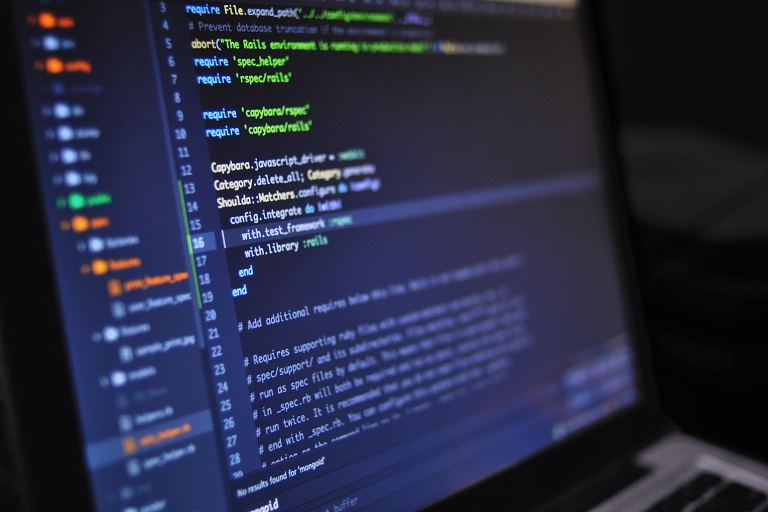As technology progresses, more and more options are being invented to ease administrative burden. This process is making the jobs of everyone in the healthcare industry a little simpler, as well as providing convenient ways for patients to access some level of care from home. As these technologies continue to advance, they may provide better health access by making doctors and nurses more directly available to their patients, while also allowing consumers to use technology to remain healthier.
Telehealth
Telehealth describes a group of technologies used to allow professionals in the field to learn and train, as well as allow patients to seek a basic level of care from a computer or phone. One aspect of telehealth, telemedicine, involves the patient communicating with a healthcare professional, such as a nurse, and receiving basic medical advice. This is becoming an increasingly popular service provided by many insurance companies, as it allows customers to access simple assistance and diagnosis with illnesses and injuries that can be safely treated at home, or can refer patients to local care professionals. Other types of telehealth include resources for doctors, nurses, and other health practitioners. These tools allow healthcare professionals to communicate with one another, access information and consult with others.
Virtual Medical Assistants
A Virtual Medical Assistant (or VMA) is intended to help with everyday tasks, freeing up medical professionals to spend more time with their patients. They can include a wide variety of tasks, including charts, appointments, billing, and even language services. Essentially, these are healthcare administrators that work from a remote location based on your location’s needs, which in some cases can be more efficient and cost effective than hiring an traditional, in-person medical assistant, while providing services as needed.
Electronic Charts and Records
Traditionally, medical charts and other types of records were all kept on paper and stored as physical records. With advances in technology, it later became more common to transcribe paper charts into a digital record for long-term storage. Today, it is becoming increasingly common to use digital forms or apps meant to create and manage charts and patient information from the beginning of their treatment. These apps allow your facility’s processes to be streamlined in such a way that charting is more efficient, and simpler to use. Ease of use also makes mistakes less likely, meaning that records are more accurate. Since these records are usually stored in a cloud database, they can be accessed by doctors and nurses on demand using devices such as work computers or tablets.
Personal Health Apps
In addition to telehealth, there are many different kinds of apps that consumers can purchase or download for free to assist them in maintaining their baseline health, or even improve their health through diet and exercise, mental health journals, sleep tracking, vitals tracking, meditation, and personal health education. Personal healthcare apps can also include health insurance information, allowing patients to identify doctors and facilities in their insurance network, including qualified specialists. These can assist patients in making healthy lifestyle changes, identifying personal health problems, and even in seeking medical or psychological help from qualified professionals. This can result in healthier patients who are more informed about their health status, allowing them to have more meaningful appointments with their doctors.
Automation
Automation is becoming increasingly available and useful in many different industries, and healthcare administration is no exception. This starts with simple automation, such as “smart” beds, which can track whether a patient is still in bed, and automated IV pumps, which can use digital or remote input to administer or adjust IV medications. There are also a growing number of potential applications for artificial intelligence in the health industry. Someday AI may be capable of assisting with diagnosis, surgery, or even research
Healthcare administrators and other professionals in the field can look forward to many changes in the future. Even existing technology has many great applications to assist doctors and patients in providing a healthier life and better health service experiences.


















